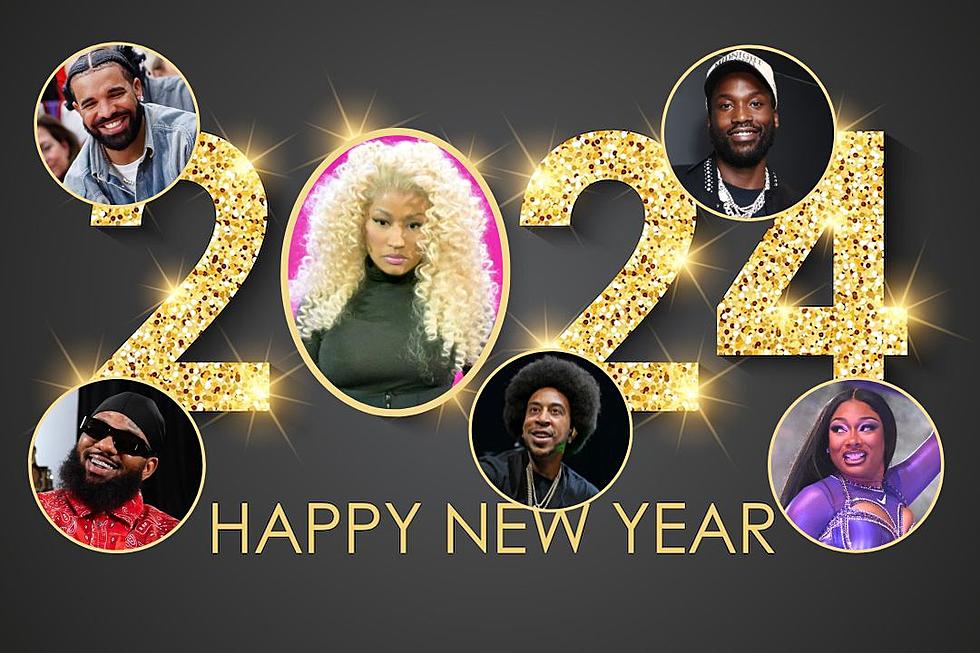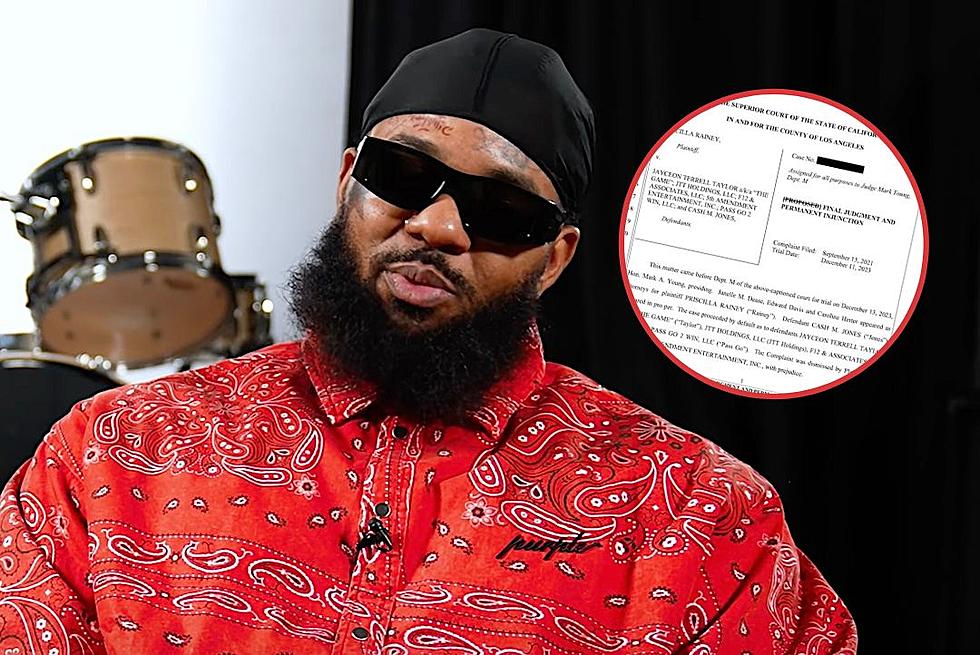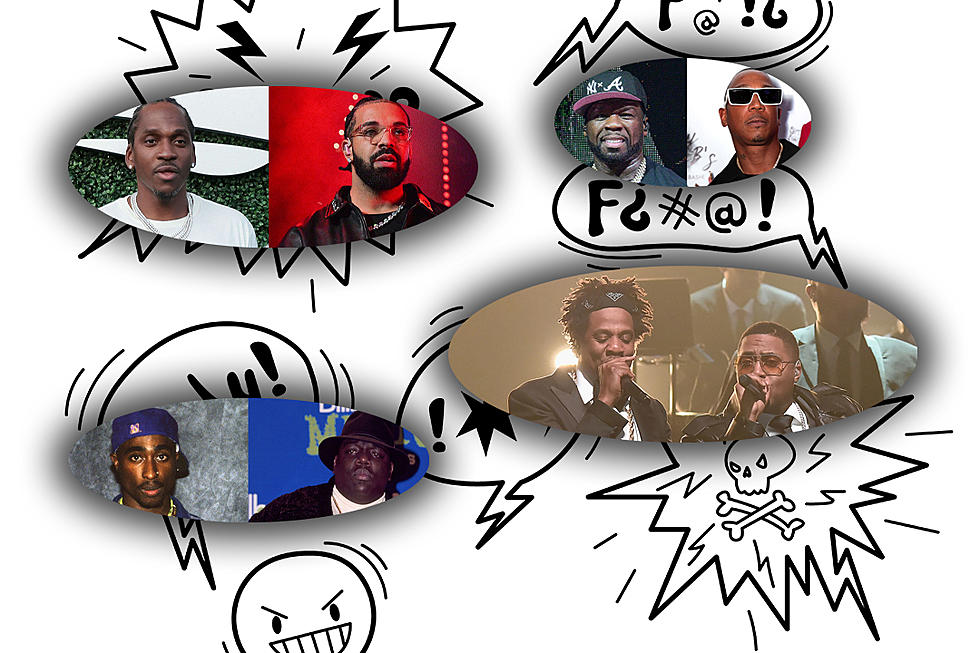
Game Experiments A Little Too Much On ‘OKE’ Mixtape
In 2013, Game’s place in the West Coast landscape is unclear. The Compton rapper’s latest mixtape, OKE (Operation Kill Everything), serves as a rather obvious representation of this fact, as Game toys with clashing sounds, trying to figure out just where he fits in among the budding crop of emerging MCs poised to lay the foundation for the California's next 10 years. When the elements are all assembled correctly, OKE is triumphant, but for every moment of triumph there is a moment of disappointment; when those disagreeable components collide it makes for an awkward listening experience. Game’s latest effort would be incredible if it weren’t for his feeble attempts to be hip.
OKE finds Game going through something of an identity crisis. There's a duality that plays out over the course of the tape that very accurately showcases two extraordinarily different sides of the current West Coast scene. On the one hand, you have the super soulful, rich production more representative of acts like Jake One, THC, Scoop DeVille, DJ Dahi, and the Futuristiks, and on the other hand you have what producer DJ Mustard has affectionately coined “ratchet music.” Both make up solid chunks of the project, but only one finds Game truly in his element. The smooth soul serves as a perfect juxtaposition with Game’s gruff voice and aggressive content, and he flourishes in these instances. But just as you start to settle in, the entire tone of the project changes, and it detracts from the fluidity and the aesthetic value. Experimentation is fine, but sometimes it’s better to stick to your niche.
What has probably been undersold to this point is just how good Game is when he's on. The woozy “Compton” is near sonic bliss, placing Game’s hometown bars in the perfect climate. His impassioned, honest portrayal of his city places him deep within a narrative bigger than himself. “Swerve”, the track that immediately follows it, is just as stirring. “I mean, we do this shit ‘cause we love it," he raps. "I mean, we did this shit ‘cause we couldn’t find Just Blaze." While the song doesn’t necessarily replicate Just Blaze, it does feel like a true labor of love, and that’s why it succeeds. It’s almost a microcosm of all the soulful moments on OKE: even when they come up short they still feel authentic, organic even.
Perhaps it's that authenticity that makes all the other moments feel forced. When Game hops on tracks with that LA club bounce he just feels like he’s on another planet. There are two Problem features and two Nipsey Hussle features, and all of them are misused for these pseudo-club bangers. The über-repetitive “TD” sounds like any number of songs you may have heard over the last few years, and Problem hits Game with a behind-the-back crossover on the way to completely stealing the show. “Turn Down For What” features an ominous piano loop and the signature clap/bass combo that traces its roots back to the Bay Area, and while it isn’t nearly as intolerable as its predecessor it’s still uncomfortable to listen to especially when sequenced in the middle of what could otherwise be considered a cohesive product.
In the wake of Game’s signing with Cash Money, his future is as murky as ever. When paired with OKE as his latest work, there are some serious questions as to what lies ahead. He is undoubtedly a man who has become an essential piece of the West Coast tapestry, but how will his story continue to unfold? If he chooses to play ball and follow what’s trendy in the LA scene he may undermine his already stellar reputation. Only time will tell. Here’s hoping he doesn’t forget who he is, though. He’s got far too much soul for that. --Sheldon Pearce
More From XXL









